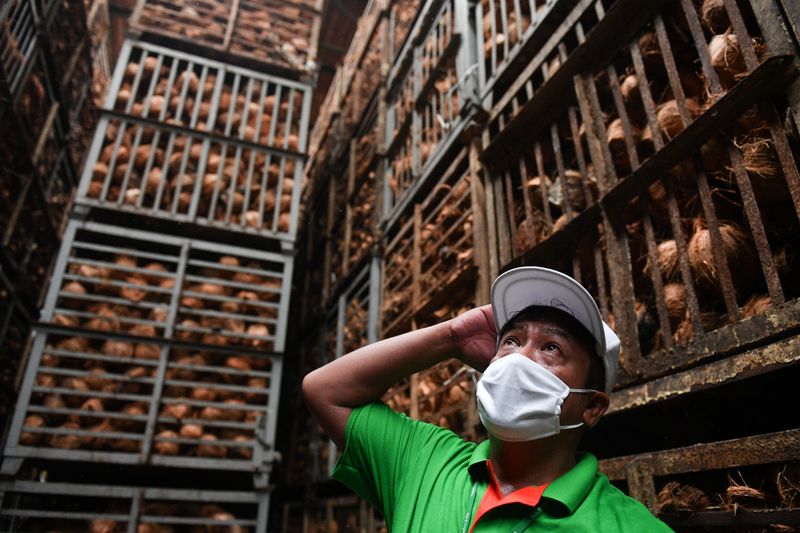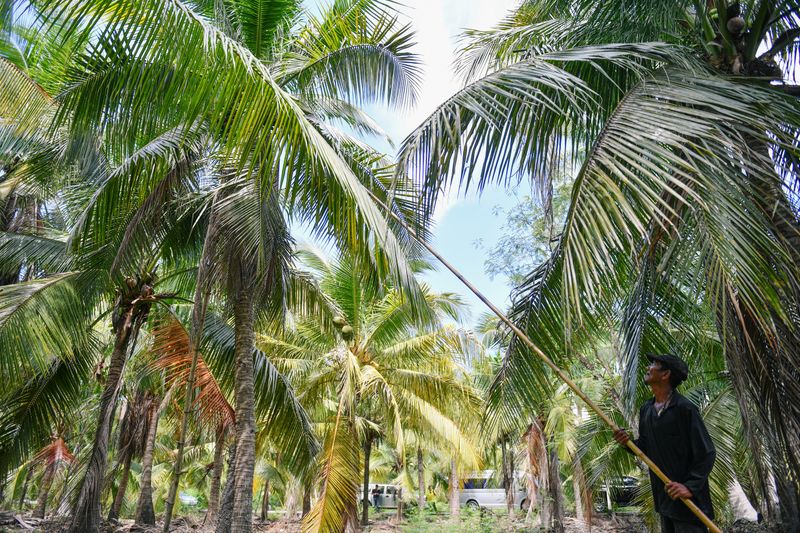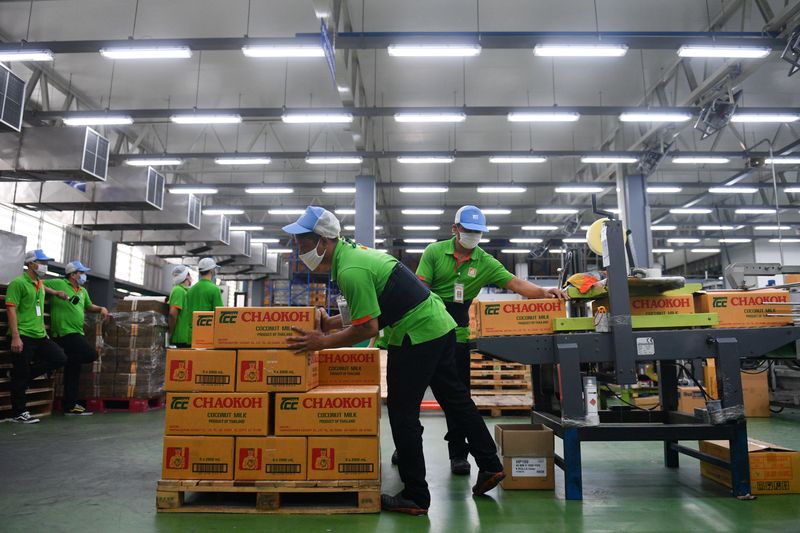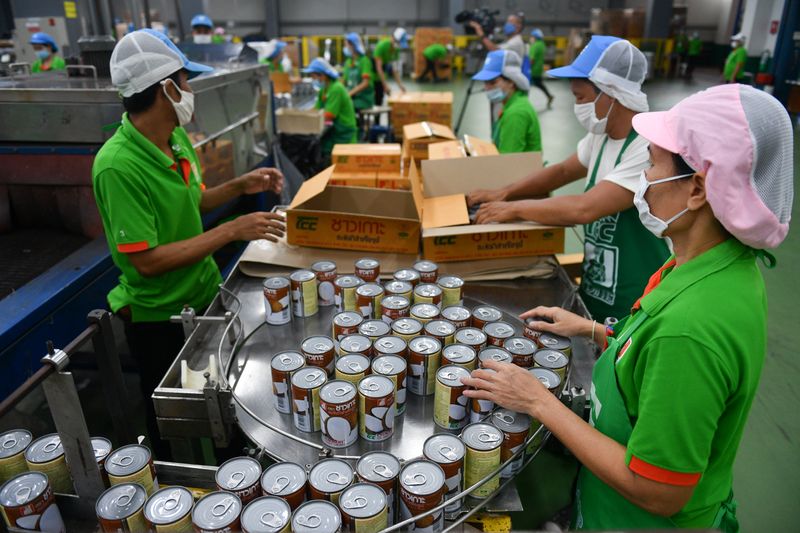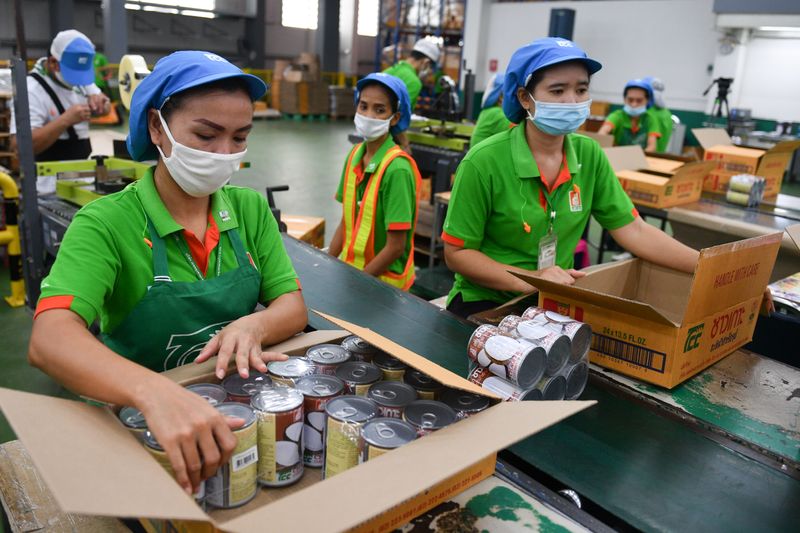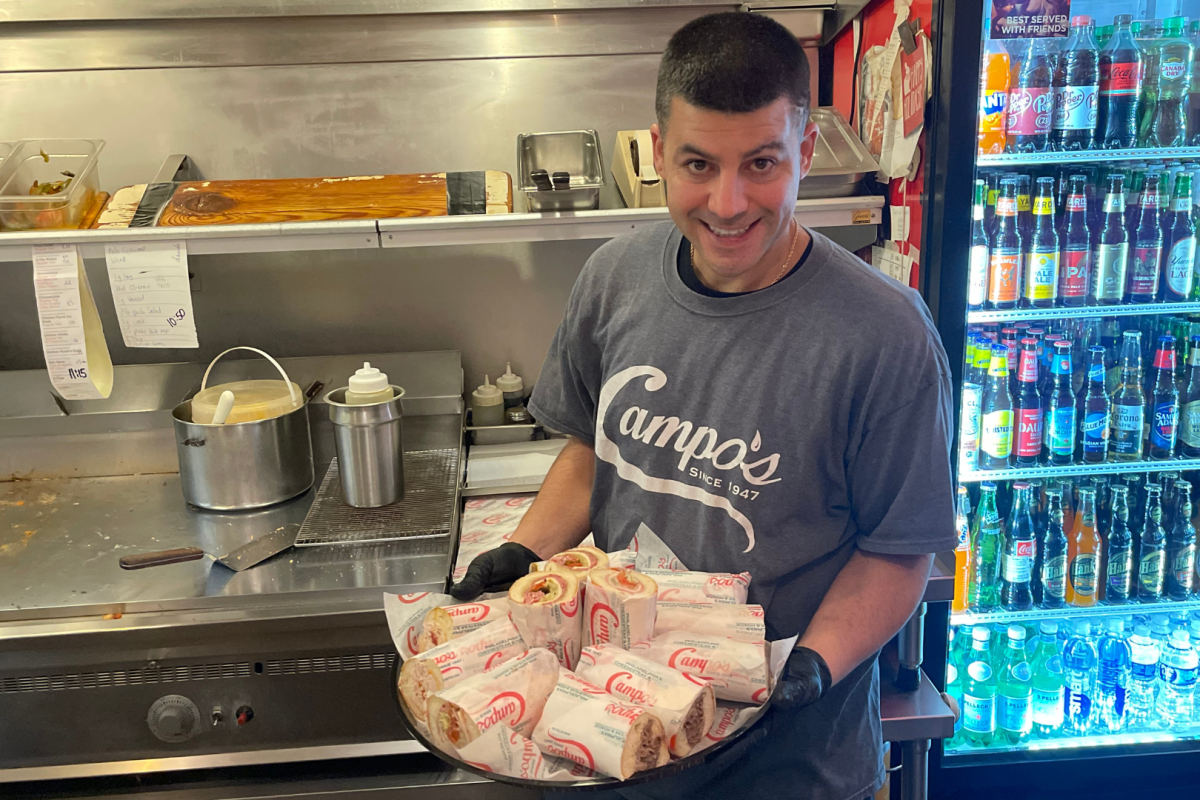SAMUT SONGKRAM, Thailand (Reuters) – Thai coconut milk producer, Theppadungporn Coconut, suffered a sharp drop in sales after an animal rights groups accused the industry of using monkey labour, an executive said, adding it was auditing plantations to show animals were not used.
Several British retailers pulled Thai coconut products from their shelves earlier this month after a report by People for Ethical Treatment of Animals (PETA) alleged that coconuts in Thailand are picked by abused monkeys.
“We saw sales fall 20 to 30% (from last year) after the news,” said Aphisak Theppadungporn, managing director of Theppadungporn Coconut Co. Ltd, one of Thailand’s biggest producers and exporters which makes Chaokoh coconut milk.
British Prime Minister Boris Johnson’s fiancée Carrie Symonds had welcomed pledges to stop selling coconut products that use monkey labour, and urged others to follow suit.
PETA has rejected the Thai government’s claim that use of monkeys was almost “non-existent”. Its report said the majority of Thai coconuts were harvested by monkeys caught from the wild.
Aphisak said evidence and documents were being prepared for customers in its main markets, and for PETA, to show monkeys were not involved in Theppadungporn Coconut products.
It started auditing plantations in January and of the more than 100 checked by a third party so far, none were found to have used monkeys, Aphisak said.
Coconuts are overwhelmingly collected by humans using poles, Aphisak and the Thai authorities have said.
Thailand last year produced more than 806,000 tonnes of coconut and exported coconut milk worth nearly $400 million, about 8% to Britain.
Wirat Saengjun, owner of a plantation in Samut Songkram close to Bangkok, said he was now selling about half the number of coconuts at half of the price of earlier in the year, forcing him to reduce his workforce.
“Coconut milk is not selling very well. It’s probably from the news,” he said, referring to the PETA report.
(Writing by Kay Johnson; Editing by Ed Davies and Martin Petty)

